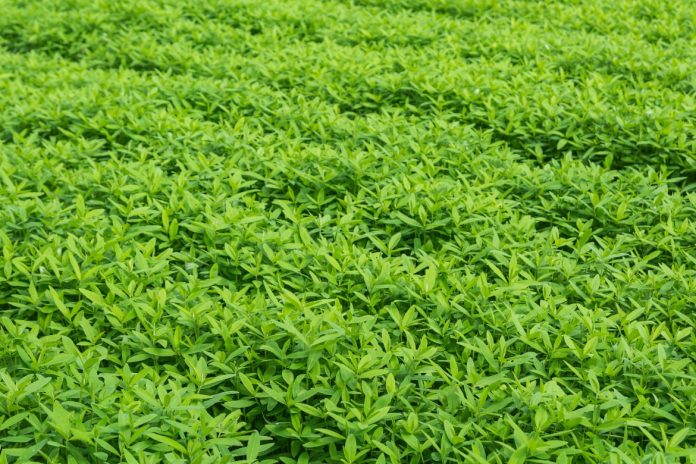Sustainable Hemp Farming
Hemp, or Cannabis sativa, has been grown for thousands of years, prized for its health benefits and wide range of uses, from hemp tea to CBD oil. With more people interested in natural and organic products, the way hemp is grown is getting more attention. Pest management is a big part of hemp farming, as pests can harm the plants and reduce the quality of the harvest. Instead of using chemical pesticides, many farmers are turning to sustainable methods like companion planting and beneficial insects.
Common Pests in Hemp Gardens
Hemp plants are tough, but they can still be affected by pests like aphids, spider mites, caterpillars, and whiteflies. These pests can weaken the plants, spread diseases, and reduce the yield of hemp buds and flowers. For example, aphids suck sap from plants, while spider mites feed on the underside of leaves, causing them to discolor. Caterpillars can chew through important parts of the plant, and whiteflies, though tiny, can spread harmful viruses.
Companion Planting: A Natural Defence
Companion planting is a simple and effective way to protect your hemp plants from pests. By planting certain types of plants alongside hemp, you can naturally repel pests or attract insects that will eat them. For example, marigolds are known to keep aphids away, while plants like dill and fennel attract beneficial insects such as ladybirds and lacewings. Adding these plants to your hemp garden creates a balanced environment that helps keep pests under control.
The Role of Beneficial Insects
Beneficial insects are another great way to manage pests naturally. These insects, including ladybirds, lacewings, predatory mites, parasitic wasps, hoverflies, and nematodes, are natural predators of the pests that harm hemp. For example, predatory mites are excellent at controlling spider mites, a common issue in hemp farming. Parasitic wasps lay their eggs on pests like caterpillars, reducing their numbers as the wasp larvae feed on them.
Creating a Welcoming Habitat for Beneficial Insects
To attract and keep beneficial insects in your garden, it’s important to create a habitat where they can thrive. Plant a variety of flowers that provide nectar and pollen, which many of these insects need for food. Also, provide sheltered areas, like hedges or small structures, where the insects can live and breed. Regularly check your garden to see how well your pest management strategy is working, and adjust it as needed.
Building a Healthy Hemp Garden
As the popularity of hemp products like CBD oil and hemp tea continues to grow, so does the importance of using sustainable hemp farming practices. By combining companion planting with the use of beneficial insects, you can create a healthy, resilient garden that naturally protects your hemp plants from pests. This approach not only reduces the need for chemical pesticides but also supports a healthier environment, leading to better quality hemp and a more sustainable future for farming.








